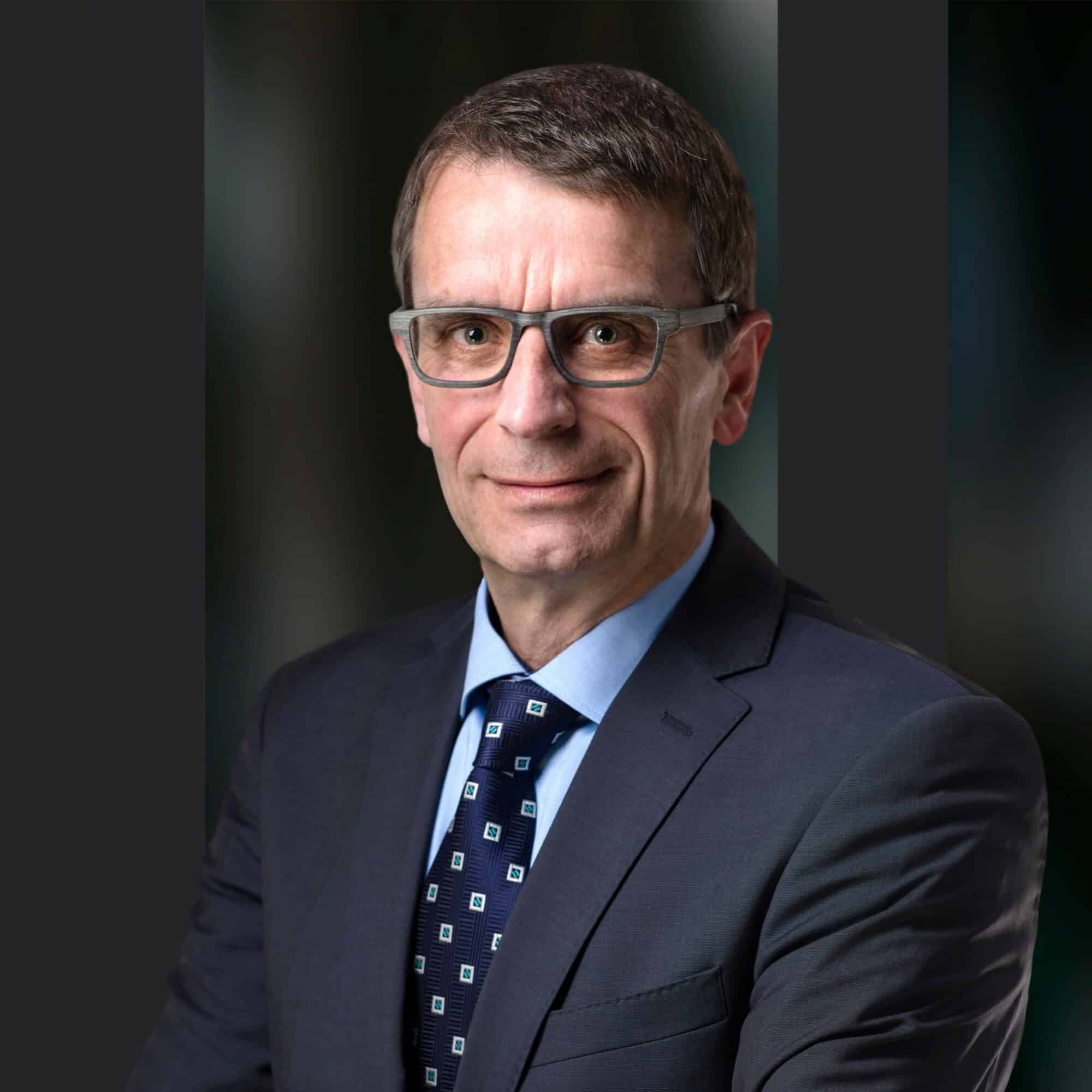
Munsch Pumpen, whose products are used especially in the chemical industry and for metallurgy, has been producing pumps since the 1960s. This company in the Westerwald is currently managed by Stefan Munsch, the family’s second generation. In the interview, this graduated engineer explains why sustainability was always writ large at Munsch and why he would sometimes like lawmakers to be a bit more practical.
An interview with Stefan Munsch, Managing Director, Munsch Chemie-Pumpen GmbH

Stefan Munsch took over as Managing Director of Munsch Chemie-Pumpen GmbH, which his father founded in 1964, in 1993. After completing his studies at the TU Darmstadt, he worked for four years at Lurgi GmbH, which is currently owned by Air Liquide, as a project engineer in international plant construction.
Mr. Munsch, your company integrated sustainability and climate conservation into its corporate philosophy long before these became “mandatory topics.” Has this pioneering role proven to be the right economic choice for your company?
I took over management of the company in 1993 and quickly pressed for an optimization of the product range. The goal was to increase efficiency and reduce material consumption. From the intrinsic motivation to avoid waste, our sustainability awareness just continued to grow. At first, people on the market belittled our commitment. But the benefits were persuasive, for the greater the efficiency, the smaller the pumps, and the lower their energy consumption. Frequently industrial pumps run around the clock – and therefore even small improvements can produce big savings. Just to give you an idea: about 6% of the EU’s total electricity consumption is for pumps. Our industry is sitting on an ecologically significant lever. The figures show that we were on the right track with our corporate strategy: in the past 30 years, our sales have multiplied sixfold.
What are Munsch Gmbh’s current focal points with regard to sustainability measures?
In addition to the continuous optimization of our products and processes, we are increasingly focusing on our buildings and systems. Here too, our guiding principle is to avoid waste! Therefore, we are focusing on the correct insulation of buildings, switching off devices that draw power when they are not in use, and installing heat pumps for heating and cooling. Together with researchers from the TU Darmstadt, we have also calculated the energy savings potential for the entire corporate group.
The result: if we exploit all the optimization measures, we can achieve energy savings of about 12%. I will admit that I had promised myself more; nevertheless, we are implementing the measures we have formulated. A big goal is to make our own production climate-neutral. But even with a new PV system, we will not achieve this. I’m curious to see how we will achieve this as a society, as a nation.

Across the company and on all levels, we would like to raise awareness of the topics “waste” and “resource consumption.
Stefan Munsch, Managing Director, Munsch Chemie-Pumpen GmbH
Maximizing customer benefit is one of the most important principles at Munsch. How does minimizing the company’s CO2 footprint affect your corporate strategy?

Everyone knows that climate efficiency does not depend solely on consumption; it must be regarded as a whole, including production and recycling possibilities. With regard to the consumption of our pumps, we are – entirely for the benefit of our customers – way ahead of the game, and we were able to achieve very good efficiency gains. In the future, we will examine CO2 emissions across the entire product life cycle. For SMEs like us, this is challenging because we have to cooperate with our suppliers. If I, for example, order rare earth magnets from China through a German company, I often can’t determine where and under what conditions the raw materials used were obtained.
We cannot guarantee complete transparency right away; instead, we have to proceed step by step and improve continuously. Digitalization is an important tool for driving the sustainability of our products across the entire product life cycle. Using a digital twin, we can determine individual aspects of the value chain precisely and optimize them in order to minimize the company’s CO2 footprint.
About the company
As an owner-operated company since its founding, Munsch Chemie-Pumpen GmbH, which is headquartered in Ransbach-Baumbach, has delivered PVC pumps around the world. These products from the Westerwald handle acids, bases, wastewater, chemically contaminated, corrosive, and solid-laden media. Its customers include chemical and metallurgical operations, processors of metallic surfaces, and many other industrial companies. With 140 employees, Munsch most recently recorded sales of EUR 30 million.




